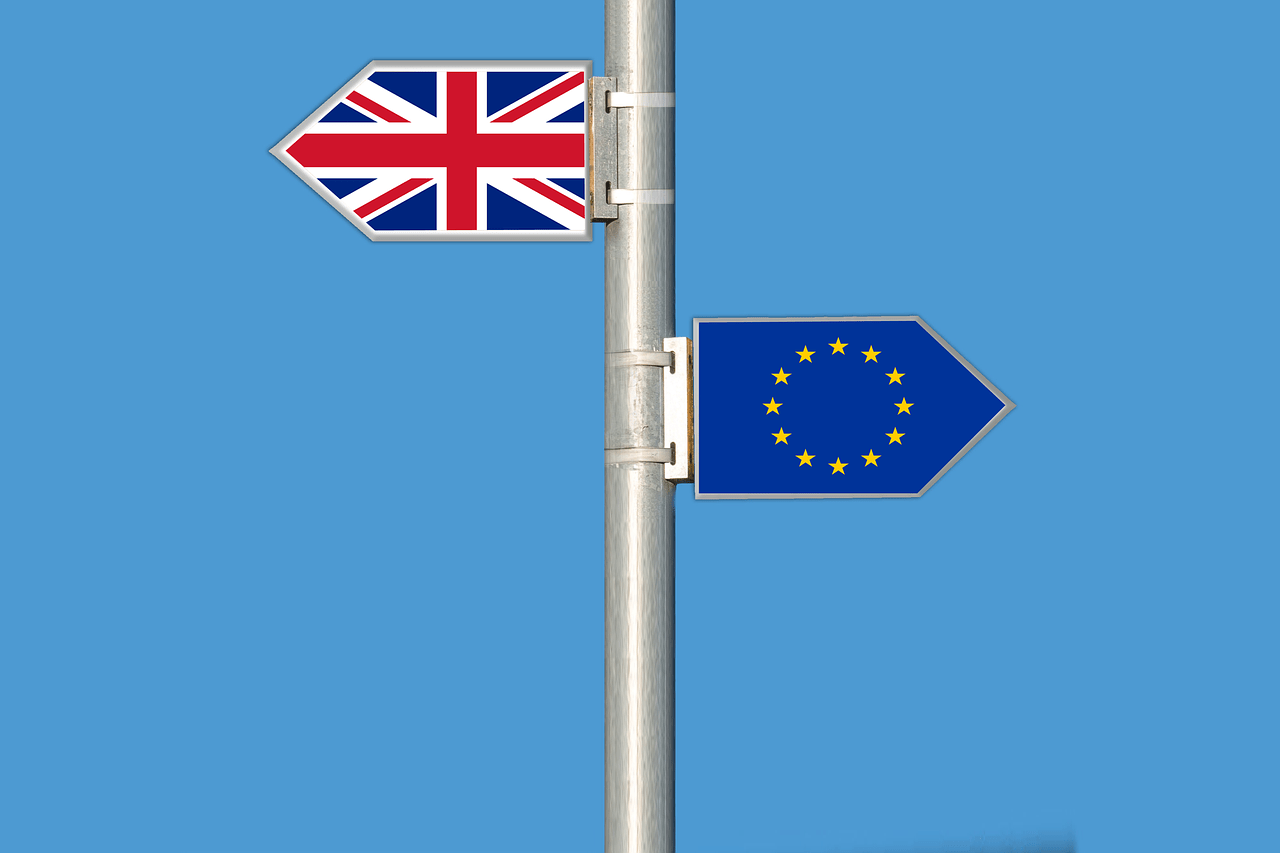How wonderful it is watching Boris Johnson have tantrums at the dispatch box, but as the Conservative Party implodes the opposition cannot afford to stretch out on the front bench. The Conservatives are weaker than they have ever been; torn apart by Brexit they are still being allowed to lurch from disaster to disaster by the lack of coherent opposition. It is only in the last week that power of solidarity has rung around the chamber.
In fact, we should thank Boris Johnson. It is only his threatening to bumble us into oblivion that has produced any substantial response from those opposed to a no-deal Brexit. By losing his first three votes in the Commons, Johnson has succeeded in writing his name in the history books, which so far has been the only discernible goal for his premiership. Yet all he did was stir a little solidarity in his opponents.
It is easy to get angry, to furiously reject the recent insults to our democracy, yet there is no use in tearing down the system without a viable alternative to replace it. It is one thing to come together in saying no to Johnson and to a no-deal Brexit but what is the point, if when the time comes the opposition is able to offer no workable solution of their own?
Immediately after the prorogation of Parliament a group of 50 MPs published a letter declaring that they would hold an alternative parliament in order to continue debating Brexit. This group included members the Conservatives, Labour, the SNP, Liberal Democrats, Change UK and Plaid Cymru. Members from both sides of the commons and up and down the United Kingdom coming together to “continue holding the government to account and fight this most damaging Brexit”, according to The Guardian. This form of constructive resistance is the foundation for the changing the recent, terrifying, status quo. Hold it in Parliament, hold it in Church House, hold it in the Greggs at Waterloo Station; whatever the location, whatever the cost.
Rejecting the prorogation is just the beginning. The general election to which we are sure to be subject in the coming months represents a real opportunity for politicians and the British public to reject the alarming populism that seems to be gripping the UK and much of the world. As political discourse descends into nothing but impenetrable epigrams and contrived buzzwords, the opposition must show itself to be above the division that this creates.
If we are met with a hung parliament when the polls close, those not wanting more of the same must come together to offer something different. Failing to do so would make them just as culpable as those in power. Even acting after the election could be too late; Labour and Liberal Democrats seem destined to split the vote on the left, which will paralyse both parties in the face of the Conservatives.
The various leaders of the opposition must be open to the idea of an alternative government, open to the idea of working with anyone wishing to fight the damaging prospect of a no-deal Brexit or find a workable interpretation of the referendum result. Wouldn’t it be refreshing to be able to vote for the party with which we felt most aligned, safe in the knowledge that our view would be represented? Are we not all bored with constantly having to game the First-past-the-post system in an attempt to elect the lesser of two evils?
The prospect of an alternative government offers an exciting opportunity for evolution in British politics. It is a departure from the two-party system, so founded in each party’s understanding of itself; towards more unified group of representatives brought together by their duty to their constituents as opposed to their party whip. Solidarity amongst the remain bloc is now more than a pipe dream; it is a necessity. As we rage against the dying of the light, it is the time to come together to offer something brighter.

